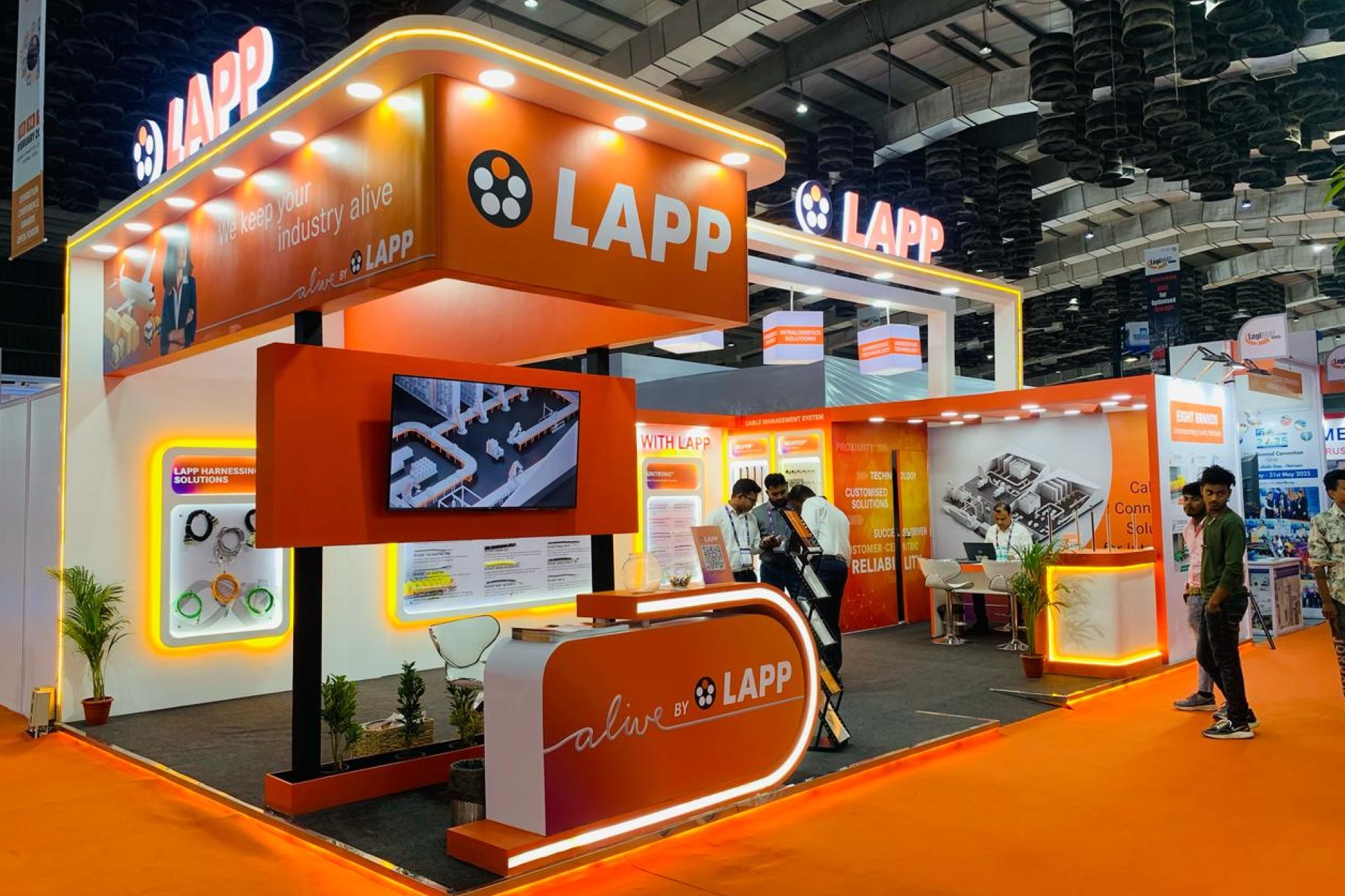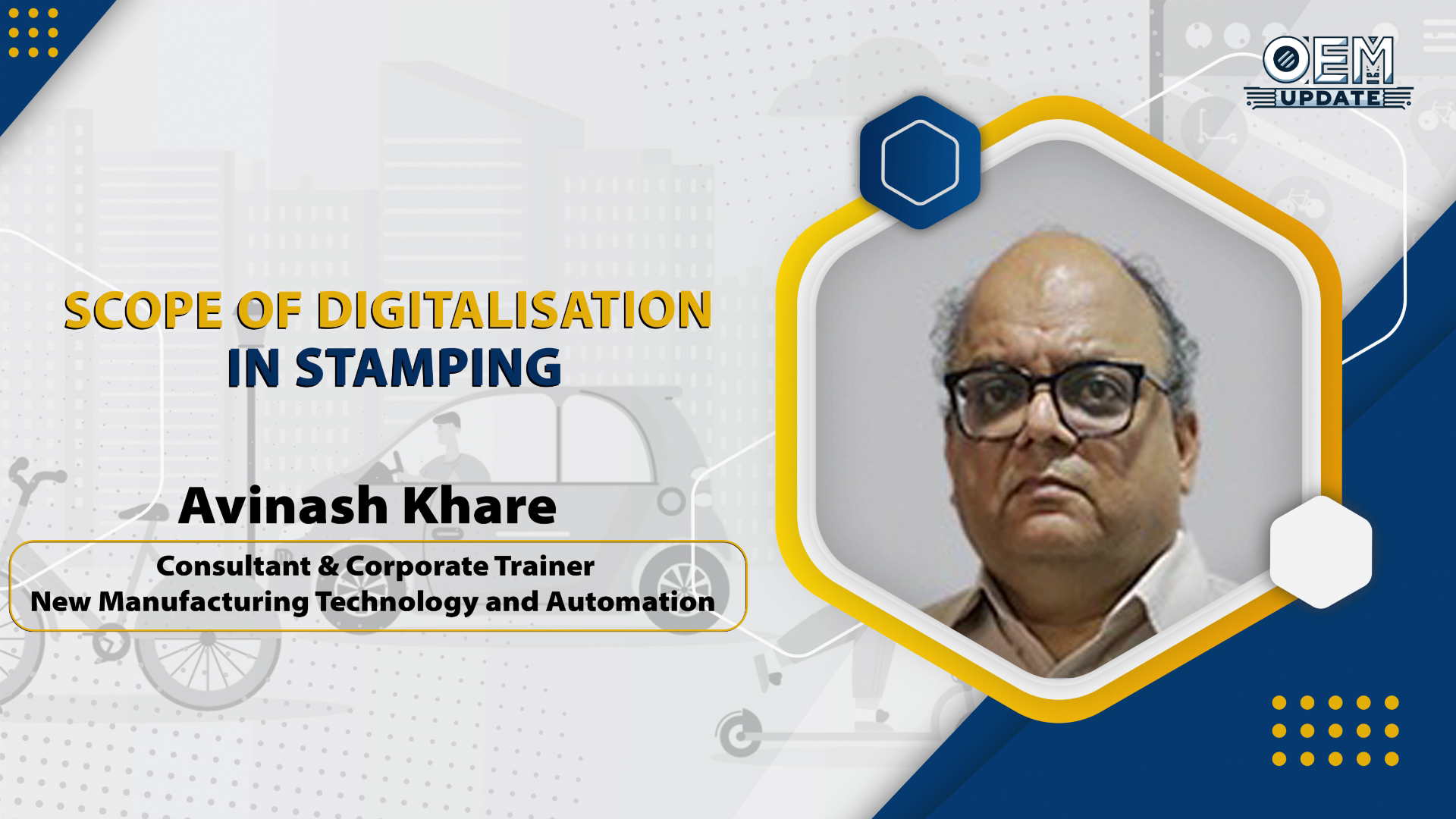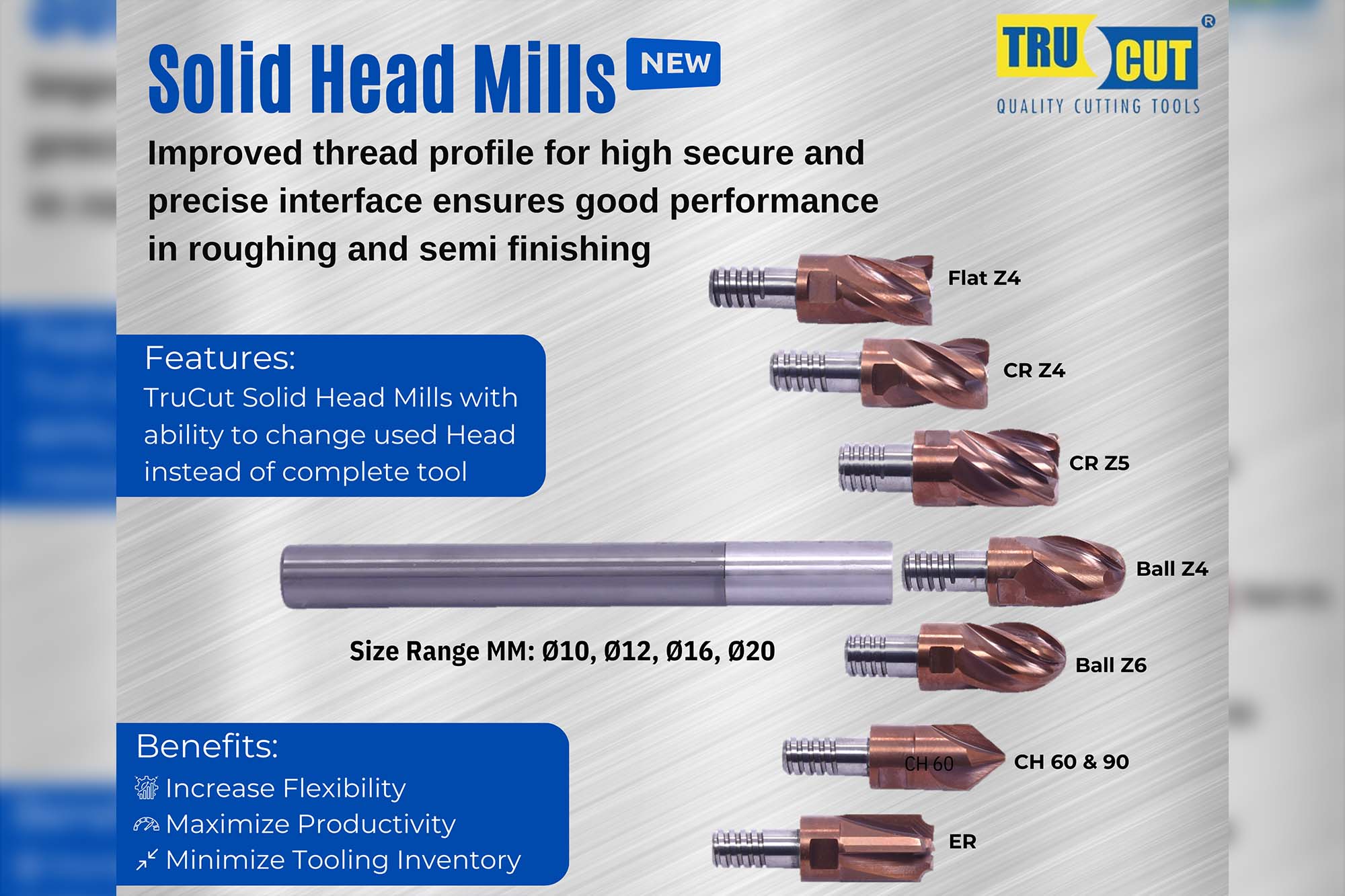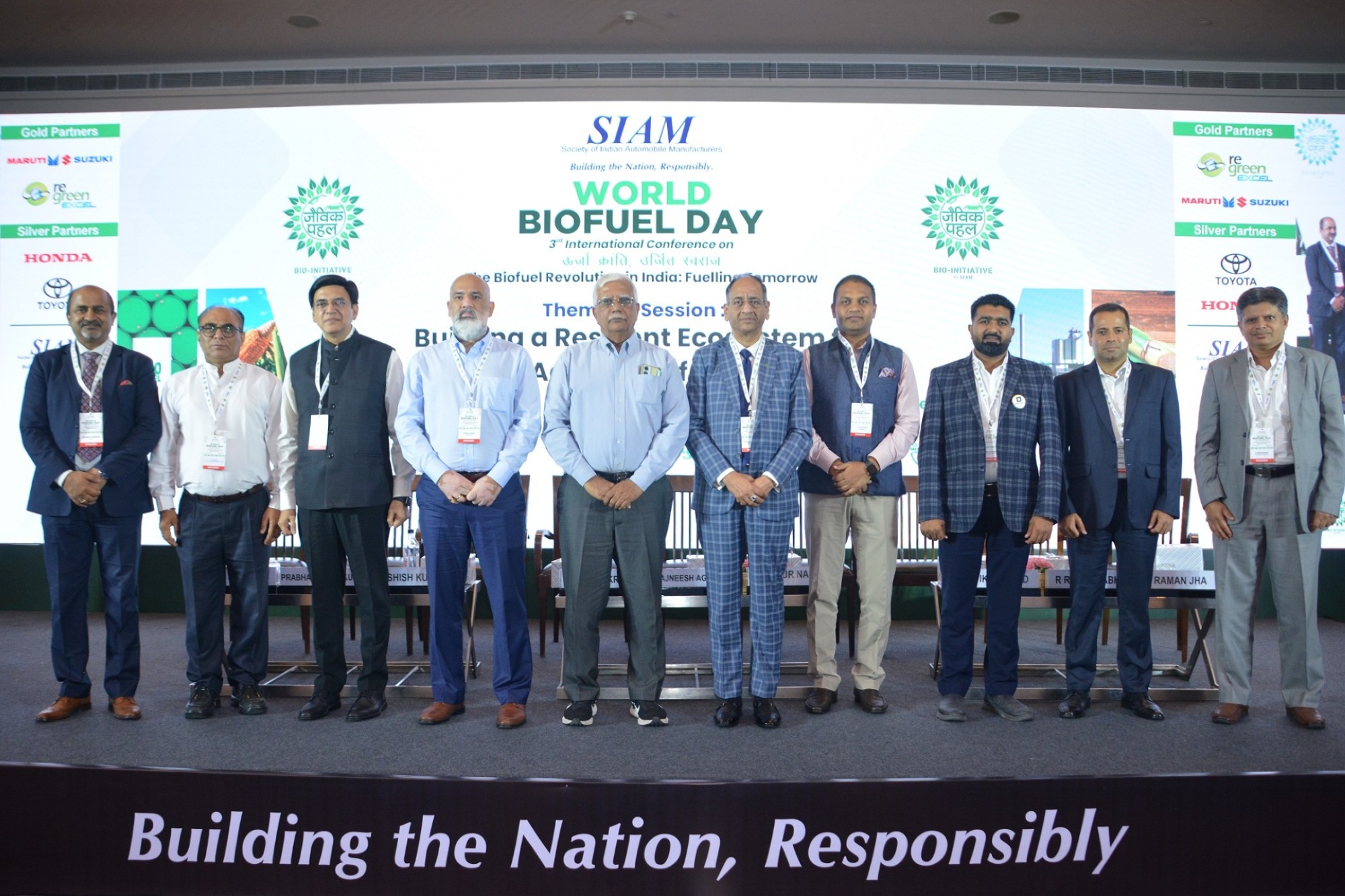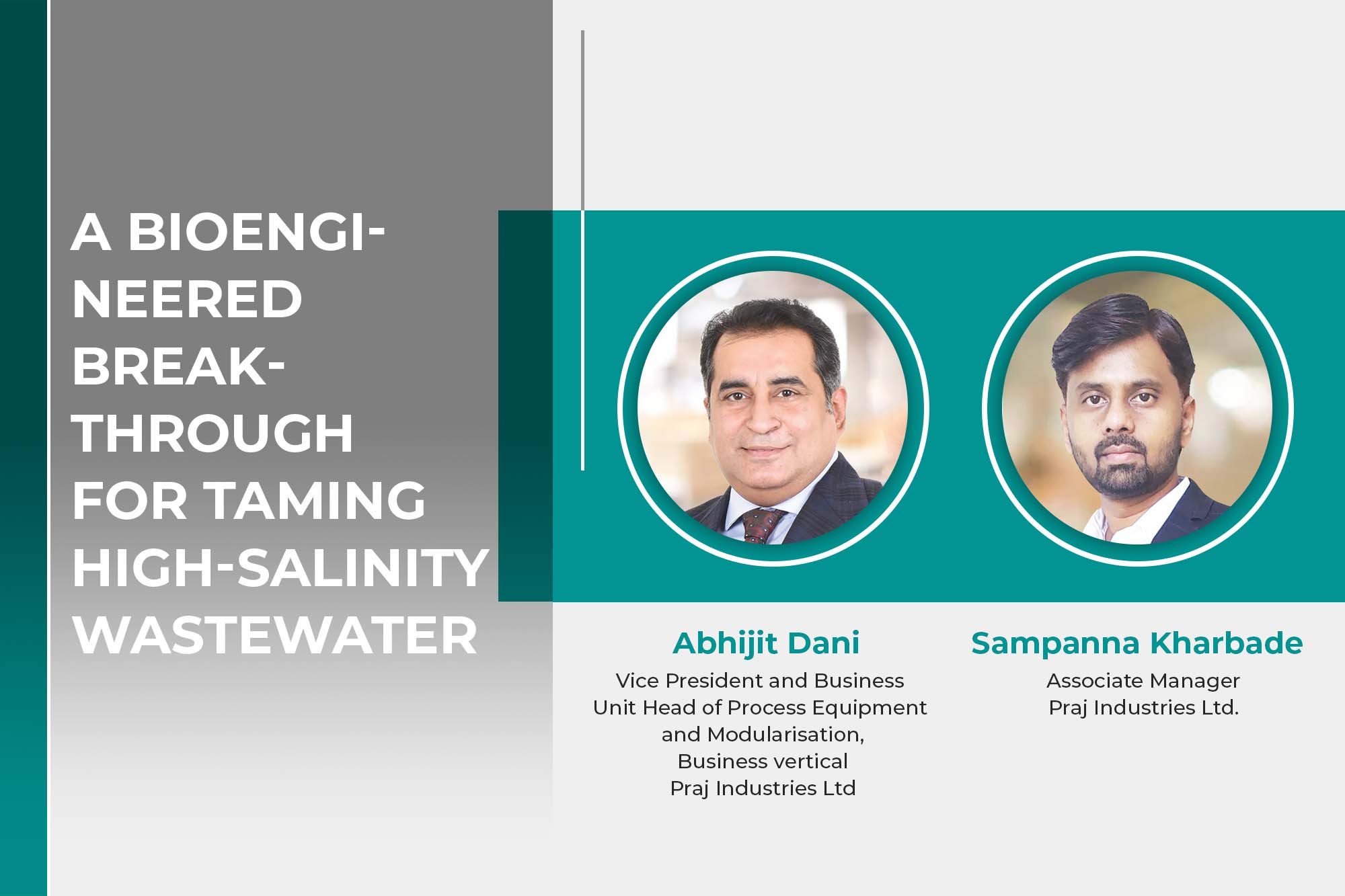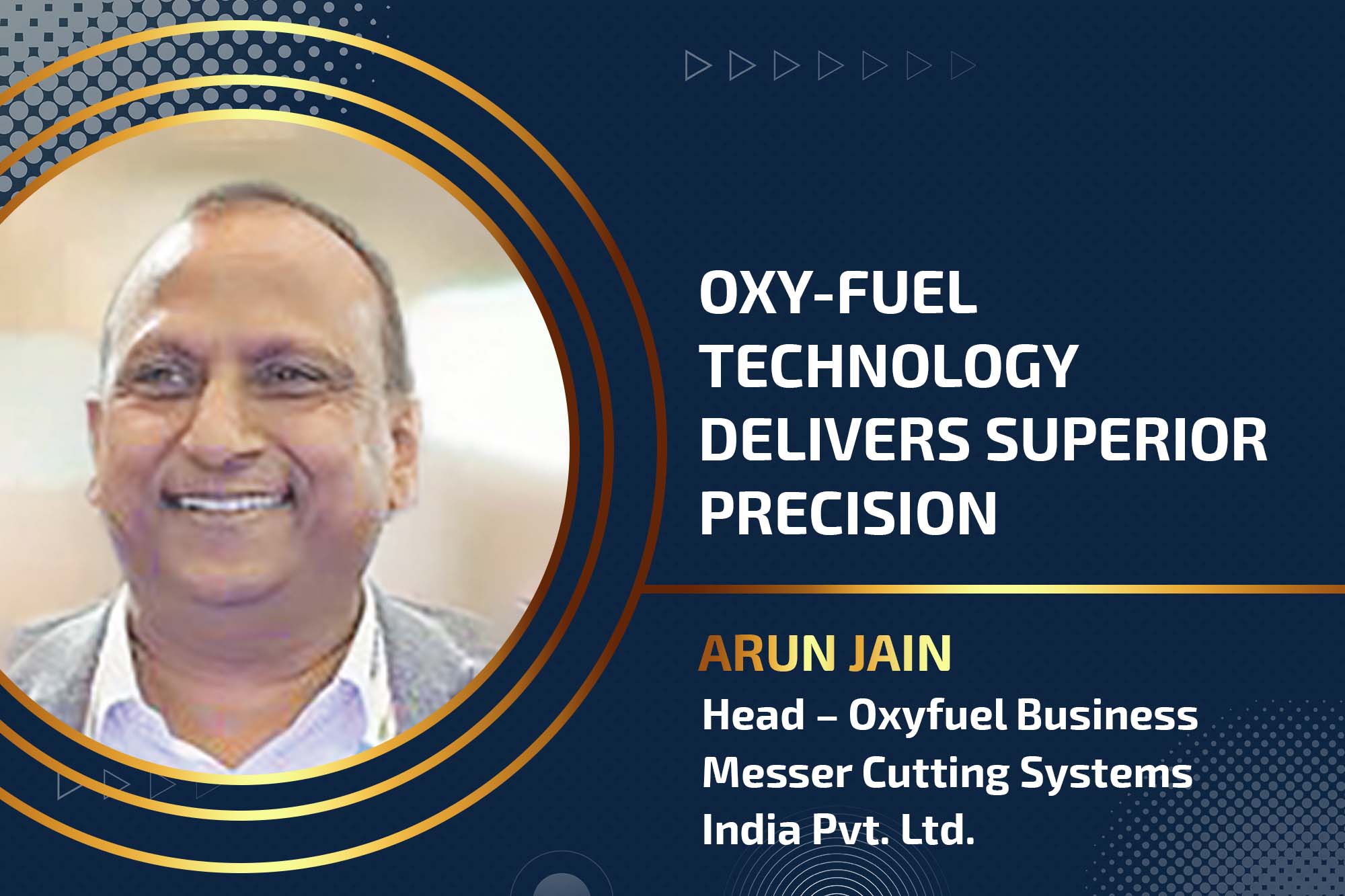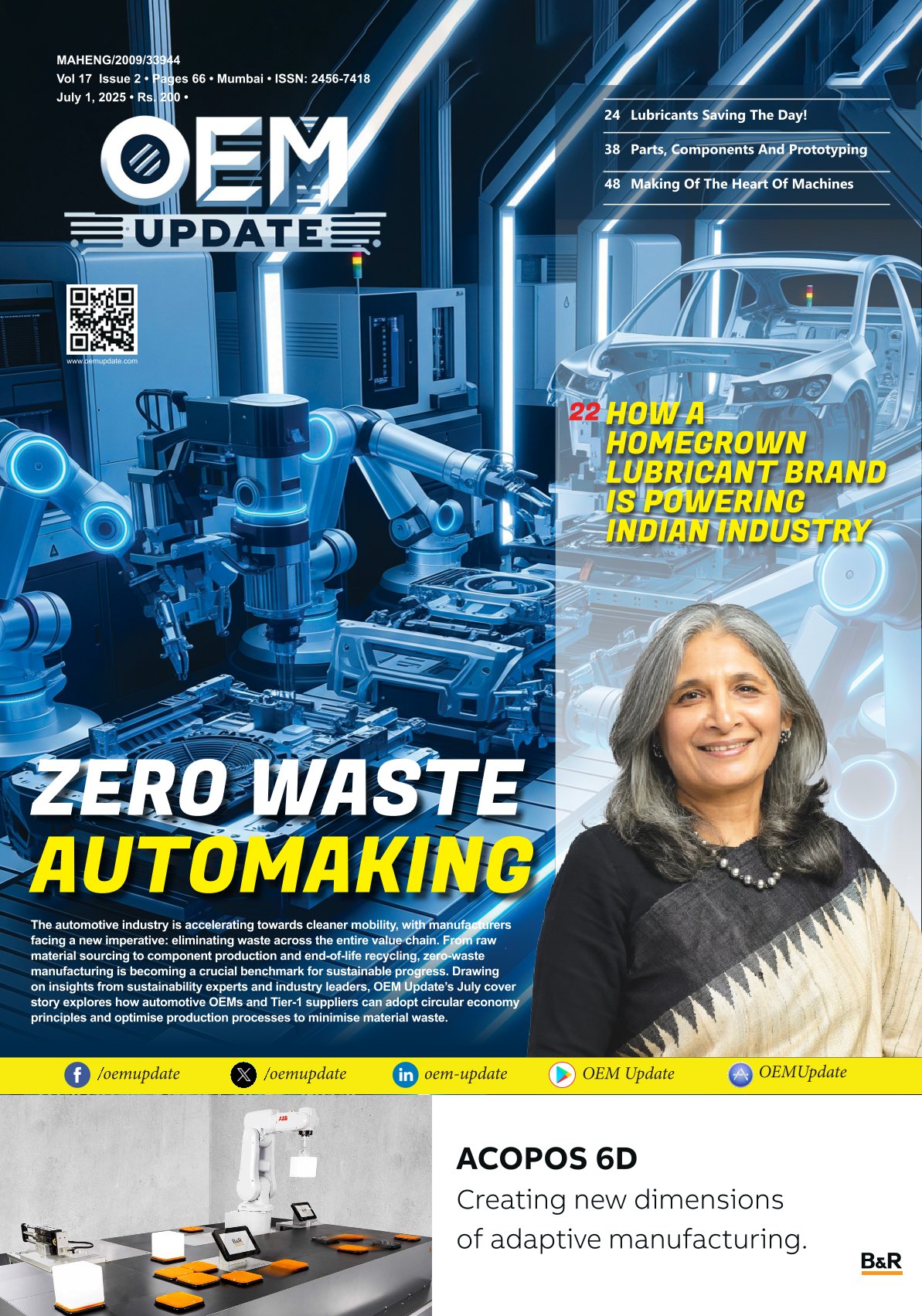Life cycle management assures peace of mind
By admin July 12, 2013 11:34 am IST
“Everybody wants to work with optimum efficiency and for maximum possible time. This is where our life cycle management has a very large role to play.”
– Shishir Joshipura, Managing Director, SKF IndiaLife cycle management helps before a problem occurs. It improves the availability of a plant and allows stretching time. On the other hand, it helps a plant owner manage operating costs by offering optimal performance. In an exclusive interview with Subhajit Roy, Shishir Joshipura explains why life cycle management is important for having peace of mind.
Please brief us on the business activities of SKF in India. Although SKF has presence in 140 sites across 32 countries, how significant is the Indian market for you?SKF is present in India in very significant way. We are here since 1923, and it is one of the very few multinational companies having more than 75 years of presence in India. So the commitment has been very long and deep. As a group, we have six manufacturing facilities and a global technology centre in India. These speak volume about our commitment to the country. For us, the country has high regards not only for the current market demand but also the future market potential.
We are present across different segments. Automotive and industrial markets are significant for us. As we all know, earth and man are the only two things that can move without the bearings. Everything else needs our products that are bearings.
How much does the Indian market contribute to your global turnover?Indian market contributes to around 5 per cent of our global turnover. It is one of the top eight markets for SKF, and our turnover for 2012 was around ` 2,200 crore.
Apart from automotive, which are the other industrial segments you are looking at where you have tremendous opportunities, especially in India?In India, all the industrial segments which include power (traditional and renewable resources), cement, mining, metals, railways, gearboxes, off-highway vehicles, machine tools, medical equipment, pumps and motors — the list is endless. Everything that wants to move needs bearing. The key is to keep the industry in motion in energy efficient way and that is where SKF can help. To keep the industry in motion in an energy efficient way, you need SKF.
What sort of roles SKF plays as far as power sector is concerned?As mentioned earlier, we are present in both traditional and renewable power sector. When a power project is being set up, as part of the OEM equipment we are present in entire material preparation and handling systems which include crushing, screening, water management, gas management, air management, and pollution control equipment. Once the plant becomes operational, we have a very different role to play: help the plant run up to its optimum efficiency and maintain availability. That is where we leverage the knowledge to cater a system for managing the performance of all rotating equipment and define their performance in a predictive way. It enables customer to run the plant efficiently. More important, it reduces internal power consumption of balance of plants (BOPs). Almost, 7 to 8 per cent of power that a power plant generates gets used in running these utilities or BOPs, and we help them reduce this consumption while increasing reliability of main plant so that it can run without breakdown.
SKF has significant presence in life cycle management of power plant; how do you see the acceptance this concept in Indian market?For all the new plants, life cycle management is an increasingly accepted because asset productivity has acquired a very significant focus. That’s where all our offerings around the life cycle management on certain plants and we play significant roles. Everybody wants to work with optimum efficiency and for maximum possible time. This is where our life cycle management has a very large role to play.
Are you present in wind power too?Yes. In wind power, we start at the OEM level where we supply specific bearings and products like seals and grease — the family of products for making the motion possible. However, once the wind mills are set up and wind parks become operational, there is a need to monitor the performance of wind mills. As they happen to be in remote areas, we have a complete set-up of offerings whereby we can remotely monitor the performance of every single turbine and provide comprehensive feedback to customer or to the operator at the park about the state and health of the turbines.
What are the other major advantages of life cycle management?The biggest advantage is that it helps you before a problem occurs. It gives the fore warning of any impending problems so that the breakdowns are avoided. It improves the availability of a plant and allows stretching time. On the other hand, it helps a plant owner manage operating costs by offering optimal performance. Last but not the least, the entire process gives the plant owner peace of mind through offering predictable performance of a plant.
Though you have six facilities in India, you still import a significant volume to meet the demand of Indian market. What’s the reason?There are two kinds of bearing. The first one is in the automotive sector where the size is small but the volume is large. So the scale of operations, the nature of industry and the nature of contracting allow setting up a facility closer to the customers. On the other hand, the industrial bearings are more customised; they are very few in numbers and large in size. Therefore, they do not render themselves to be met in a distributed way. Globally, industrial bearings are consolidated by the plant in terms of which plant has now the capacity to produce given type of bearings. Then within that type, we can customise the bearings if customer needs. Given the nature of very high capital intensity, which is required to set up bearing manufacturing facility, we end up consolidating by the product line, whereas in the automotive side we end up consolidating by the geography.
Are there any scopes to consolidate your industrial bearing manufacturing in India?Currently in India, there are not many companies that make industrial bearings. Almost everyone imports them because volumes are still not optimal. Now future is unfolding specifically for segment like railways and wind energy, where demand is such that producing those bearings may be feasible in India. We already have a plant in Ahmedabad for manufacturing industrial bearings to cater to all the industrial segments. It is a state-of-the-art facility and LEED Gold certified facility — the first for any bearing factory in India.
Cookie Consent
We use cookies to personalize your experience. By continuing to visit this website you agree to our Terms & Conditions, Privacy Policy and Cookie Policy.








